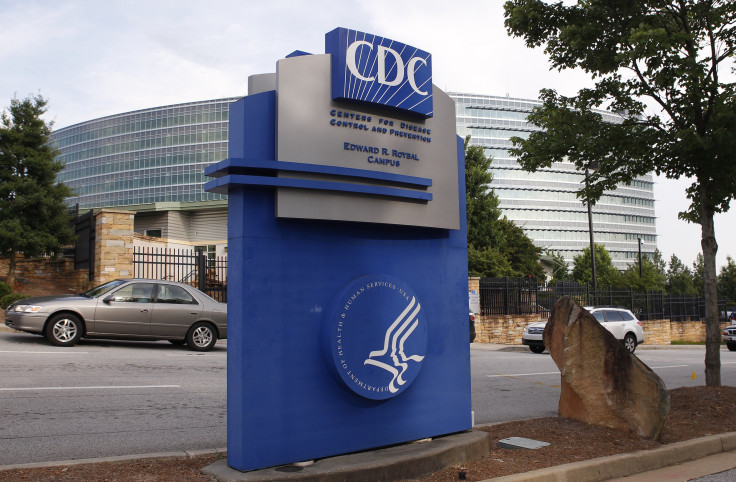Enterovirus: CDC Investigates Colorado Children For Link Between ED-68 And Paralysis

Health researchers are investigating whether the enterovirus-68 respiratory disease that’s been seen in especially high rates this year is related to a neurological condition that causes limb weakness and paralysis. In a Friday statement, the CDC said it planned to work with the state health department to “investigate these cases among children in Colorado who had respiratory illness and later developed neurologic illness.”
Of the eight children tested, four were found to have cases of enterovirus-68, ABC News reported Saturday.
“It is a spectrum of arm or leg weakness that can be as mild as weakness or as severe as paralysis,” Dr. Larry Wolk, chief medical officer for the Colorado Department of Public Health and Environment, told ABC News. “What ties them all together though are findings of spots or lesions in the grey matter of the spinal cord on MRI scans.”
He also said the children were between the ages of 1 and 18.
Enteroviruses are relatively common usually cause between 10 million and 15 million cases a year. While hundreds of thousands are hospitalized, many people do not get sick, according to the CDC.
Symptoms usually present like a bad cold, with cough and body aches. But this year, children have been experiencing wheezing and other breathing problems. The CDC said enterovirus-68 “appears to be the predominant type of enterovirus this year, and may be contributing to the increases in severe respiratory illnesses.”
In the past month, the University of Chicago Medicine Comer Children’s Hospital has diverted ambulances to other hospitals because children with respiratory illness were filling the emergency rooms. Ambulance diversions haven’t happened for 10 years, the New York Times reported. The virus is more likely to affect children with asthma, which has caused many to develop breathing problems. No deaths have been reported during this outbreak.
Some 277 confirmed cases have been reported in 40 states from mid-August to Sept. 26. But the CDC said a spike during these months is normal. “We’re currently in the middle of the enterovirus season,” it said in the public statement, adding it’s likely the incidents will decline in the fall.
"I think from what I'm hearing it's within everyone's capacity to respond, but it's stressful,” Dr. Andrew Pavia, spokesperson for the Infectious Diseases Society of America, told MedPage Today earlier this month.
“From the perspective of what causes respiratory disease outbreaks, it’s fascinating,” he said. “Scientifically, it’s kind of a big deal.”
On Saturday, the Philadelphia Inquirer reported the CDC was investigating whether the death of a 4-year-old was caused by enterovirus-68.
© Copyright IBTimes 2024. All rights reserved.






















